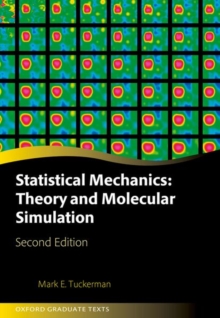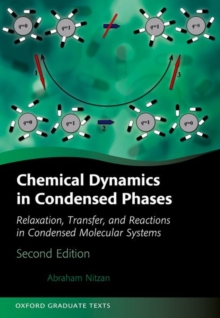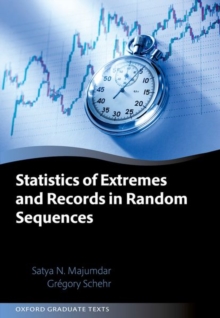
Discrete Communication Systems Hardback
by Stevan (Associate Professor, Department of Electrical, Computer and Software Engineering, As Berber
Part of the Oxford Graduate Texts series
Hardback
- Information
Description
This is the first textbook which presents the theory of pure discrete communication systems and its relation to the existing theory of digital and analog communications at a graduate level.
Based on the orthogonality principles and theory of discrete time stochastic processes, a generic structure of communication systems, based on correlation demodulation and optimum detection, is developed and presented in the form of mathematical operators with precisely defined inputs and outputs and related functions.
Based on this generic structure, the traditionally defined phase shift keying (PSK), frequency shift keying (FSK), quadrature amplitude modulation (QAM), orthogonal frequency division multiplexing (OFDM) and code division multiple access (CDMA) systems are deduced as its special cases.
The main chapters, presenting the theory of communications, are supported by a set of supplementary chapters containing the theory of deterministic and stochastic signal processing, which makes the book a self-contained presentation of the subject.
The book uses unified notation and unified terminology, which allows a clear distinction between deterministic and stochastic signals, power signals and energy signals, discrete time signals and processes and continuous time signals and processes, and an easy way of understanding the differences in defining the correlation functions, power and energy spectral densities, and amplitudes and power spectra of the mentioned signals and processes. In addition to solved examples in the text, about 300 solved problems are available to readers in the supplementary material that aim to enhance the understanding of the theory in the text.
In addition, five research Projects are added to be used by lecturers or instructors that aim to enhance the understanding of theory and to establish its relation to the practice.
Information
-
In Stock - low on stock, only 1 copy remainingFree UK DeliveryEstimated delivery 2-3 working days
- Format:Hardback
- Pages:992 pages, 584 line drawings and halftones
- Publisher:Oxford University Press
- Publication Date:19/07/2021
- Category:
- ISBN:9780198860792
Information
-
In Stock - low on stock, only 1 copy remainingFree UK DeliveryEstimated delivery 2-3 working days
- Format:Hardback
- Pages:992 pages, 584 line drawings and halftones
- Publisher:Oxford University Press
- Publication Date:19/07/2021
- Category:
- ISBN:9780198860792



